Full cPanel Support For Ubuntu LTS
In the winter of 2020, CentOS 8 announced that it would be reaching its end-of-life in December of 2021. This news was somewhat unexpected in the open-source and web hosting worlds. In response, we began…

In the winter of 2020, CentOS 8 announced that it would be reaching its end-of-life in December of 2021. This news was somewhat unexpected in the open-source and web hosting worlds. In response, we began…

As we continue making improvements and adding additional functionalities to WordPress Toolkit, we wanted to take a moment to share some of what has changed with our recent 5.8 and 5.9 updates. Many of our…

The post How to Find Out Top Directories and Files (Disk Space) in Linux first appeared on Tecmint: Linux Howtos, Tutorials & Guides . As a Linux administrator, you must periodically check which files and…
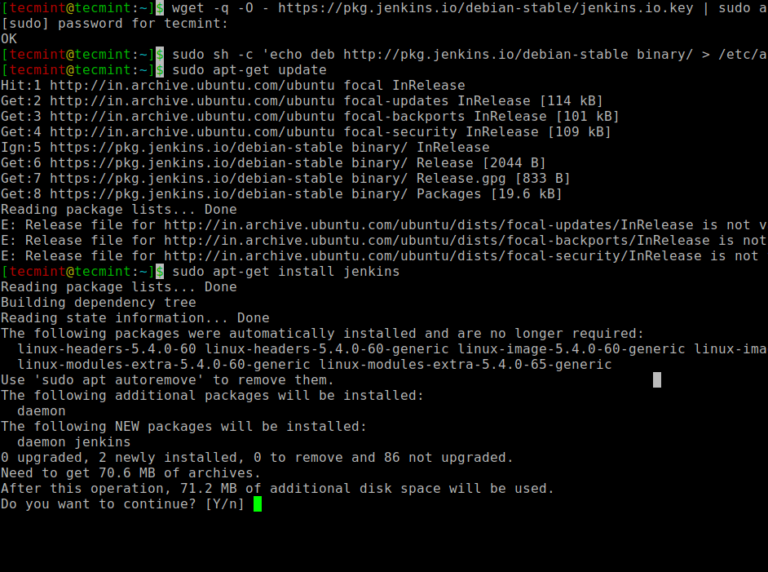
Jenkins is a leading self-contained open-source automation server that is used to automate repetitive technical assignments involved in building, testing, and delivering or deploying software. Jenkins is Java-based and can be installed through Ubuntu packages,…

Java is one of the most popular programming languages and the JVM (Java’s virtual machine) is the run-time environment to run Java applications. These two platforms are required for much popular software that includes Tomcat,…

In Part 9 of the LFCA series, we covered the basics of IP addressing. To better understand IP addressing, we need to pay more attention to these two types of IP address representation – binary…
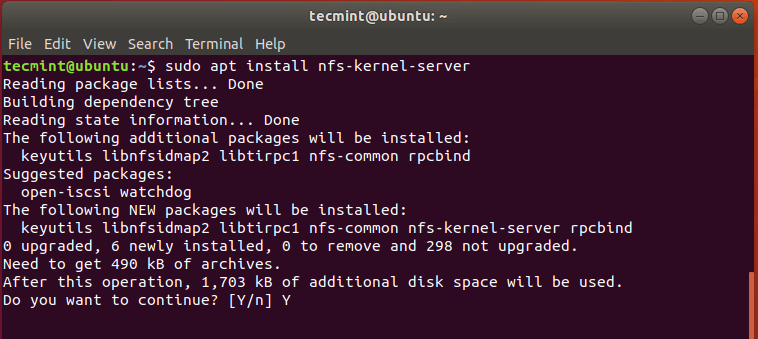
NFS (Network File Share) is a protocol that allows you to share directories and files with other Linux clients in a network. The directory to be shared is usually created on the NFS server and…

In our previous chapter of the LFCA series, we defined a computer network and briefly brushed over some of the general Linux networking commands that you can use to retrieve useful network information such as…
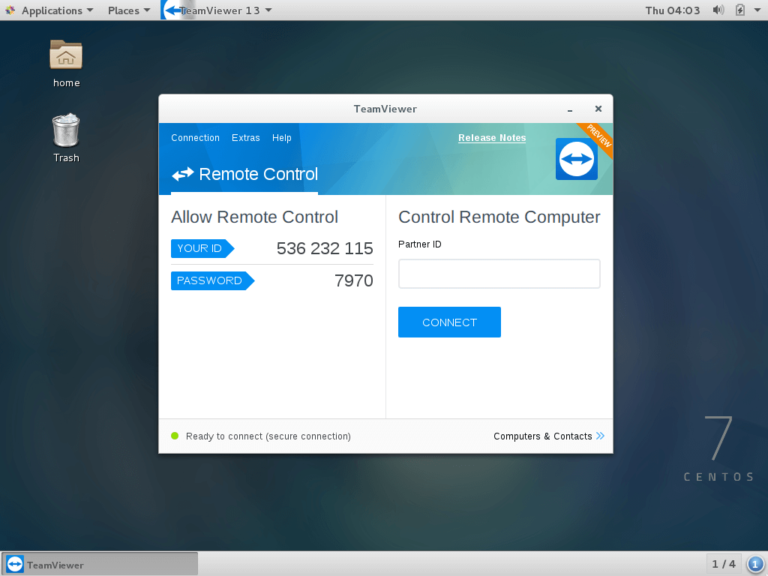
Teamviewer is a cross-platform, powerful, and secure remote access and control software that can connect to multiple devices simultaneously. It is an all-in-one solution for remote support which can be used for desktop sharing, online…
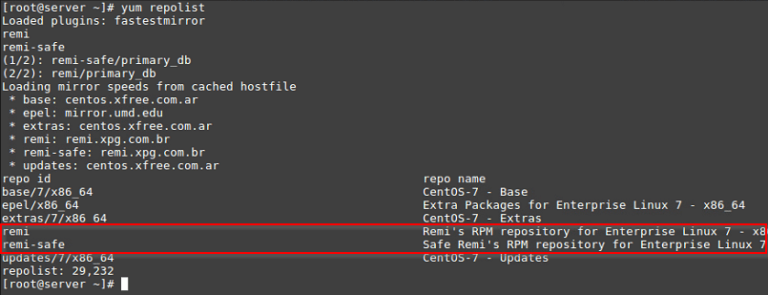
If you are a system administrator, a developer, or a DevOps engineer, chances are that at some point you’ve had to set up (or work with) a LAMP (Linux / Apache / MySQL or MariaDB…
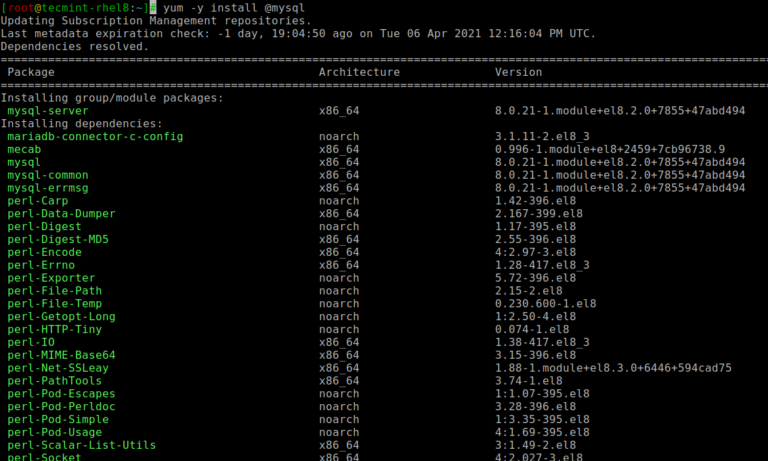
MySQL Replication is a process where data from one server is automatically copied or replicated onto another backup server in real-time. Replication provides redundancy and fault tolerance and gives the user peace of mind that…
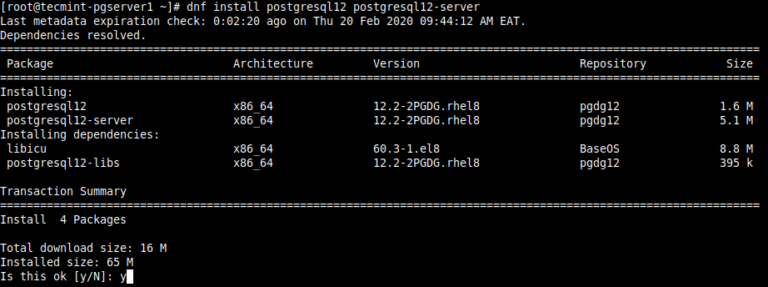
PostgreSQL is a powerful, widely-used, open-source, multi-platform, and advanced object-relational database system known for its proven architecture, reliability, data integrity, robust feature set, and extensibility. pgAdmin is an advanced, open-source, full-featured, and web-based administration and…
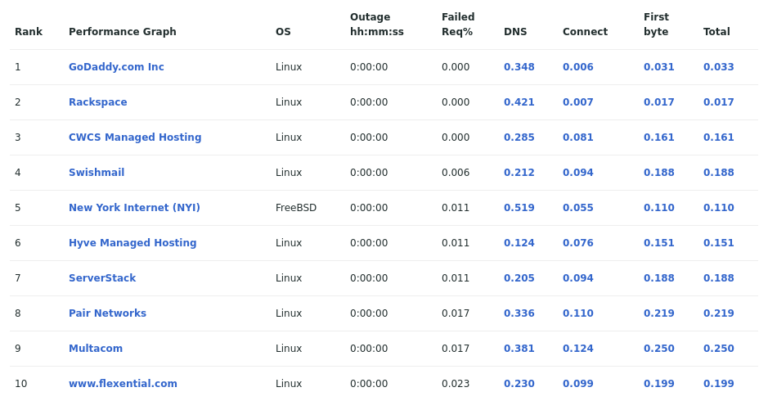
See full table In March 2021 GoDaddy had the most reliable hosting company site, with no failed requests and the fastest average connection time amongst the top 10 of 6ms. GoDaddy provides services that allow…
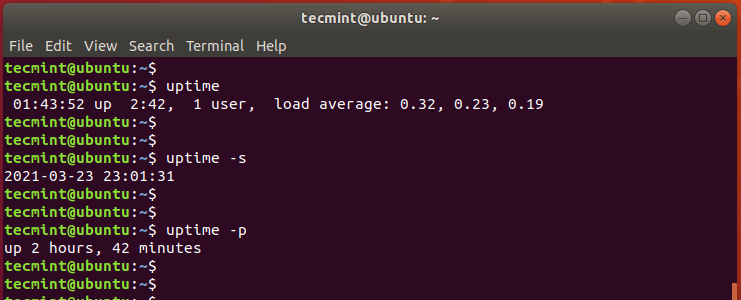
This article is Part 8 of the LFCA series, here in this part, you will acquaint yourself with the general system administration commands to monitor basic system metricks and schedule administrative tasks in the Linux…
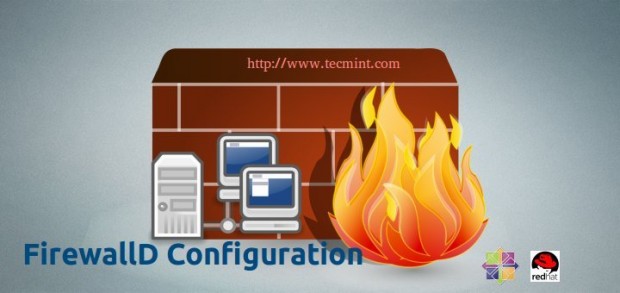
Net-filter as we all know it’s a firewall in Linux. Firewalld is a dynamic daemon to manage firewalls with support for network zones. In the earlier version, RHEL & CentOS 6 we have been using…